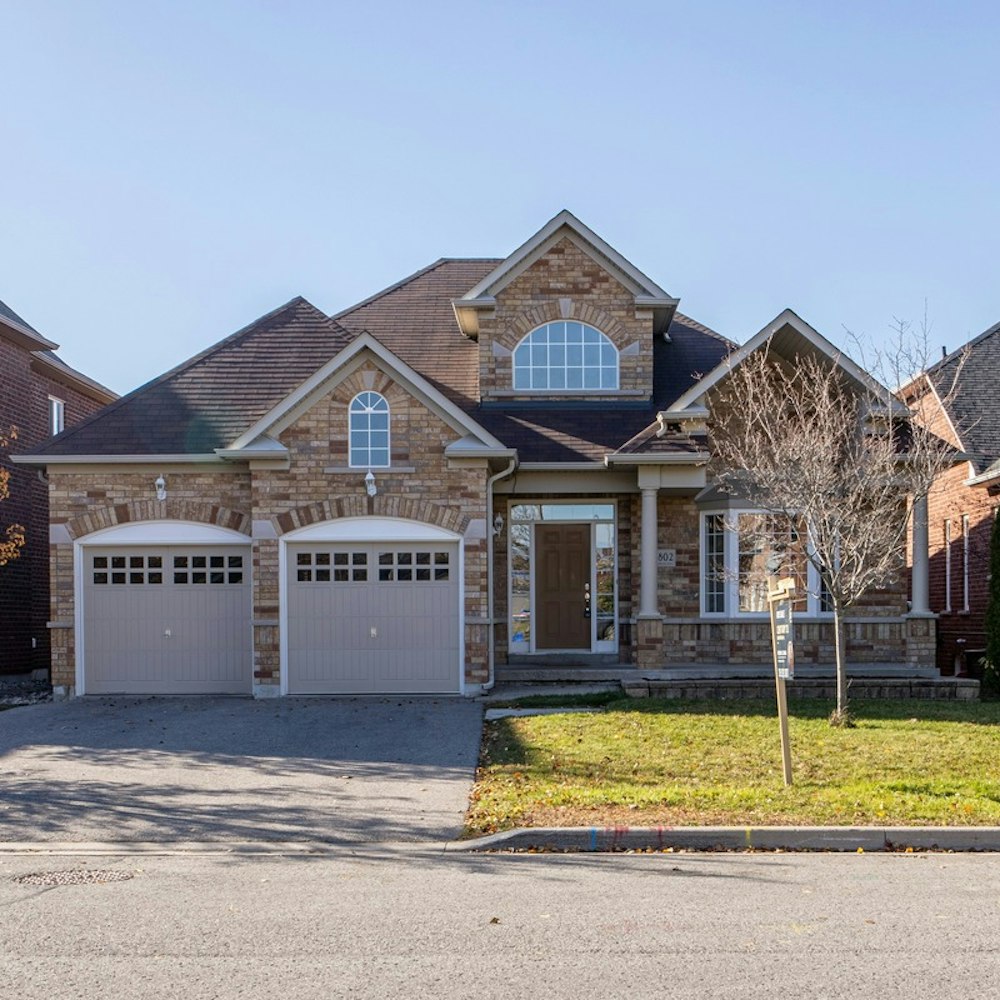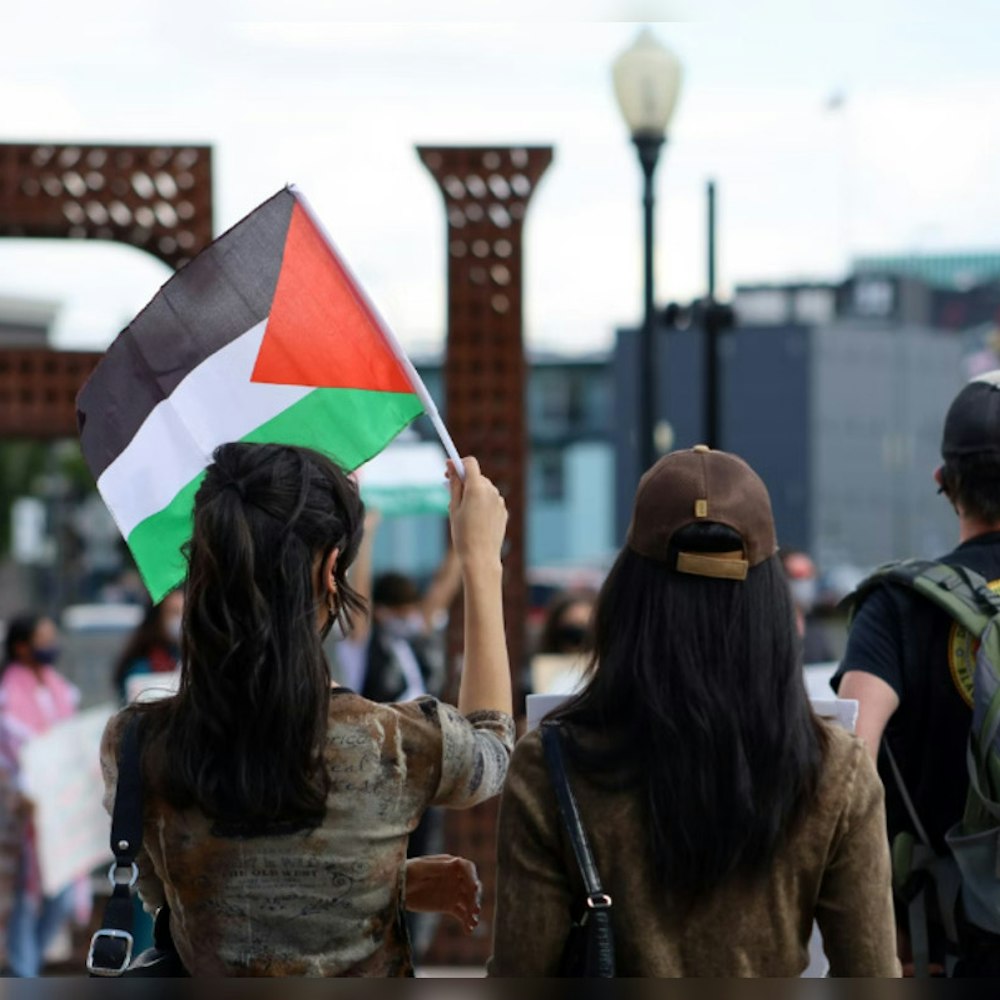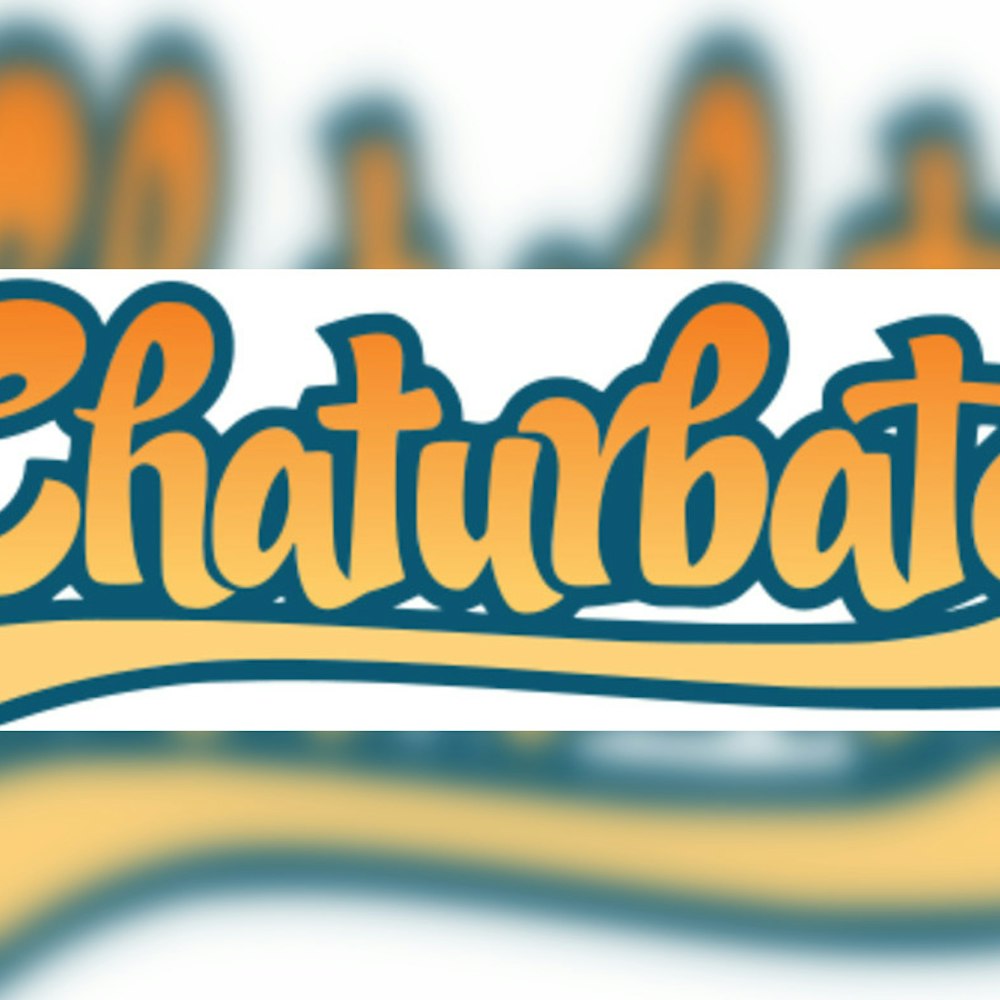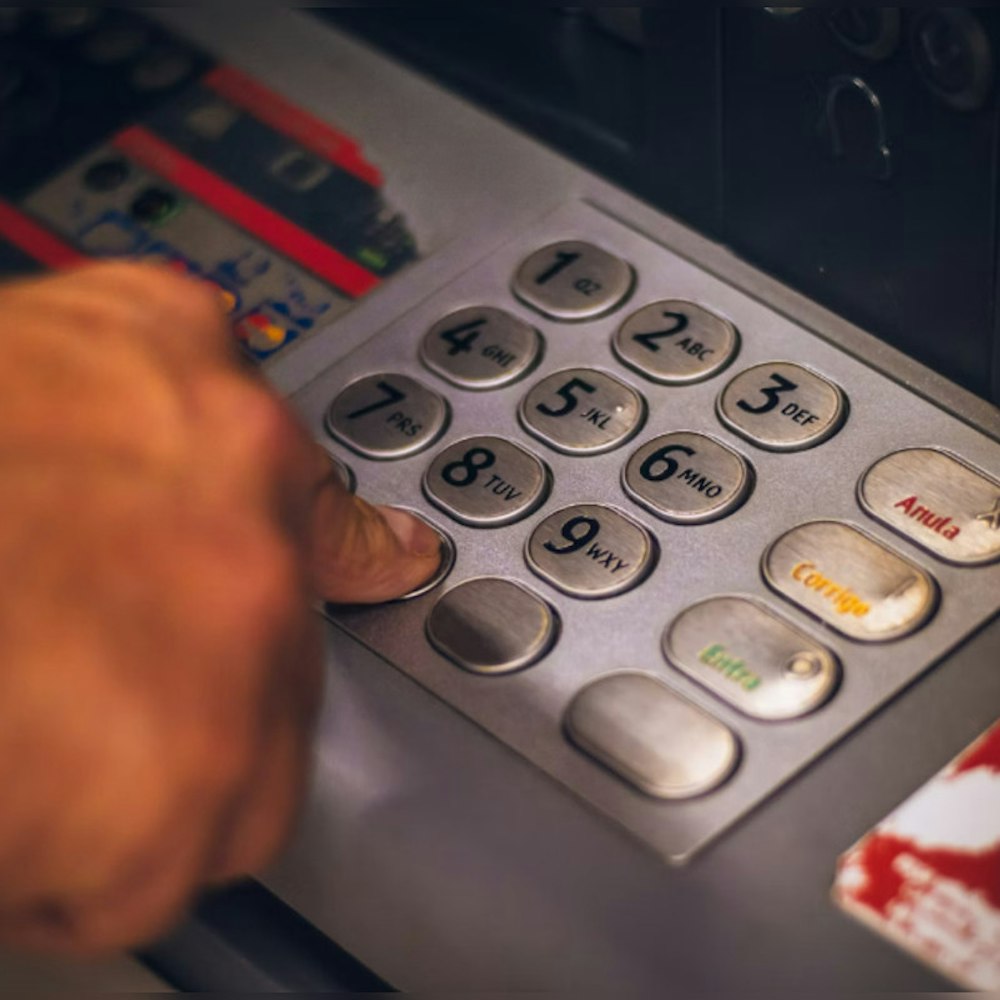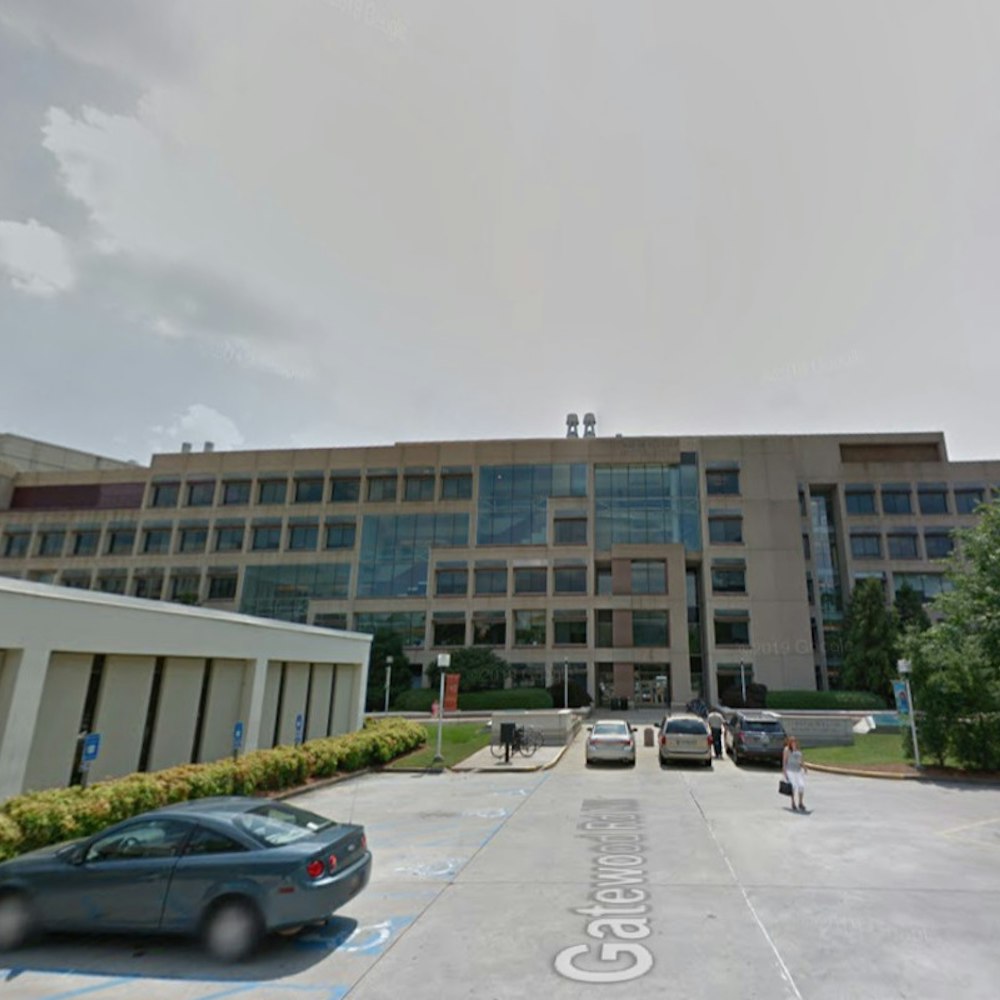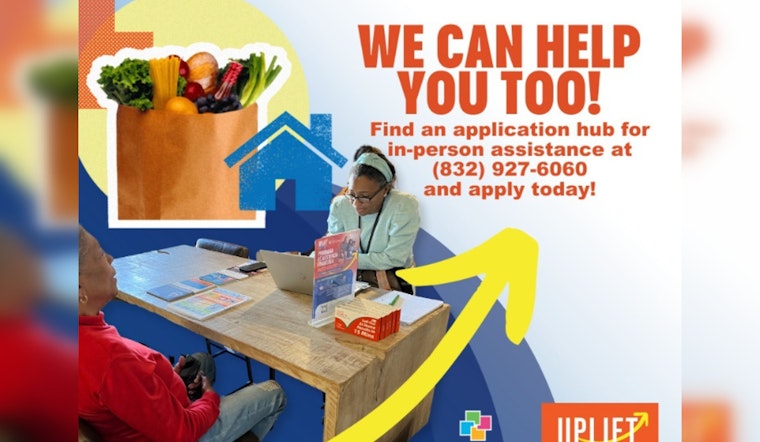
Harris County's Uplift Harris program, which is set to provide $500 monthly payments to low-income households for a span of 18 months, is seeing a surge of interest. According to the Houston Chronicle, the program has attracted over 76,000 applications, though the window for submitting applications closes sharply at 11:59 p.m. today.
The funding, aimed at easing financial stress for nearly 1,900 families, has its roots in the federal American Rescue Plan Act, aggregating a substantial $20.5 million. To be eligible, households must be situated within certain high-poverty ZIP codes, for instance, those like Sunnyside, Gulfton, and Galena Park. An individual's income can't exceed $30,120, or $62,400 for a family of four, according to the 2024 federal poverty guidelines, the Houston Landing reports. Additional eligibility extends to participants in Harris County's ACCESS program, regardless of their residential location within the county, provided they meet the income requirements.
The initiative has not been free from controversy, with state Sen. Paul Bettencourt challenging the legality of this experimental economic intervention, questioning it through an inquiry to the Texas Attorney General's office. Meanwhile, County Attorney Christian Menefee has staunchly defended the program's legality, addressing the AG's office by arguing that it is compliant with at least three statutes and the Texas Constitution. Bettencourt, chair of the Senate's Local Government committee, persists in his skepticism, pointing to the necessity of legal clarity regarding the foundation of such guaranteed income programs.
Harris County is pressing forward with the effort, joining a growing list of cities and counties nationwide that are adopting similar programs to address chronic poverty. Denver, Baltimore, and Austin are already onboard with this progressive financial wave. With little to no restrictions on how the stipend can be spent, the program is poised to offer a lifeline to selected households. The need for such an uplift is made starkly apparent with individuals and families already making plans for the prospective funds to cover critical expenses like rent, job searches, and monthly groceries, according to Houston Landing.
Community organizers actively canvassing neighborhoods to ensure wide awareness and accessibility are a testament to the ground-level urgency such programs address. People like Melanie Young, a community organizer in Sunnyside, who has actively been disseminating program information, embody the push to ensure that every eligible resident has a shot at financial relief. Young expressed both a sense of hope and trepidation to Houston Landing: “If you don’t get selected, you still need to pay your water bill.” Her statement encapsulates the high stakes for the thousands applying, hoping for the benefit but facing the reality that most will not be selected.
After the applications are processed and eligibility is confirmed, successful candidates can expect to receive notifications in March, with the first of the payments to follow in April, offering a concrete step toward financial stability for some of Harris County's most economically vulnerable citizens.
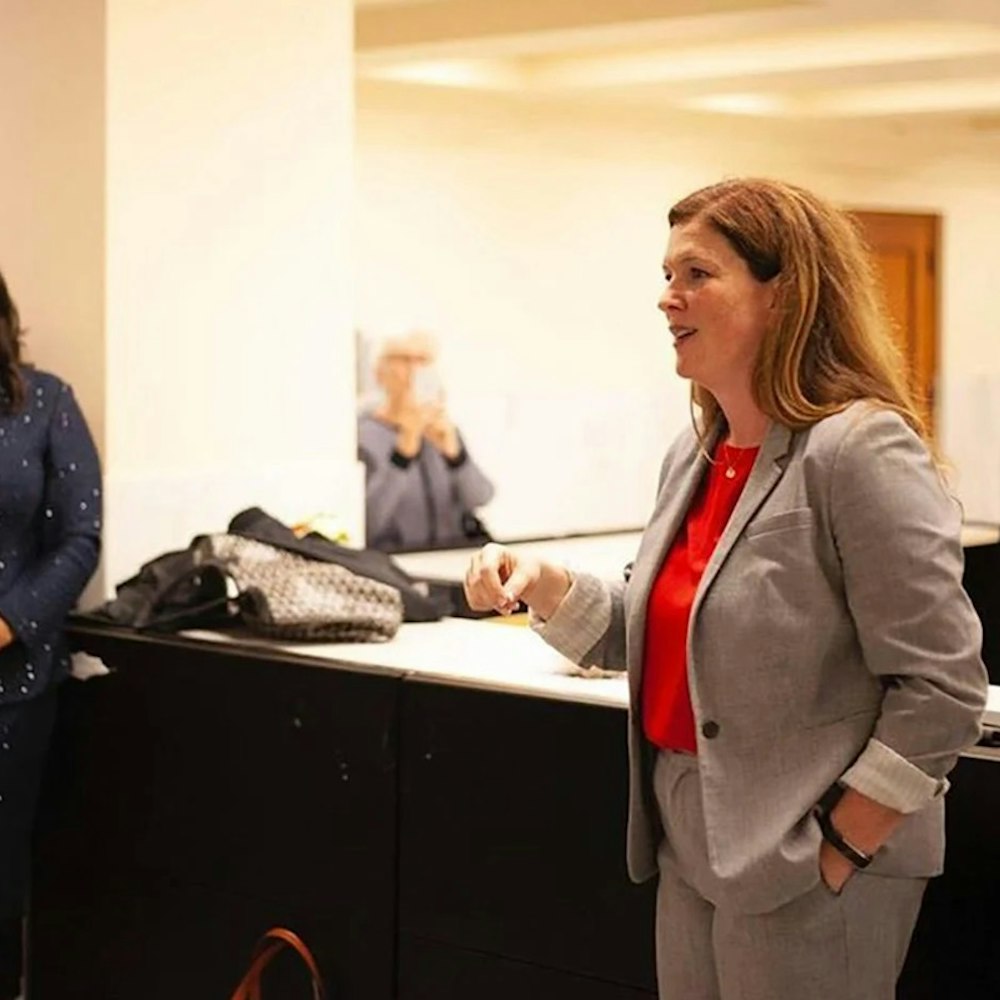
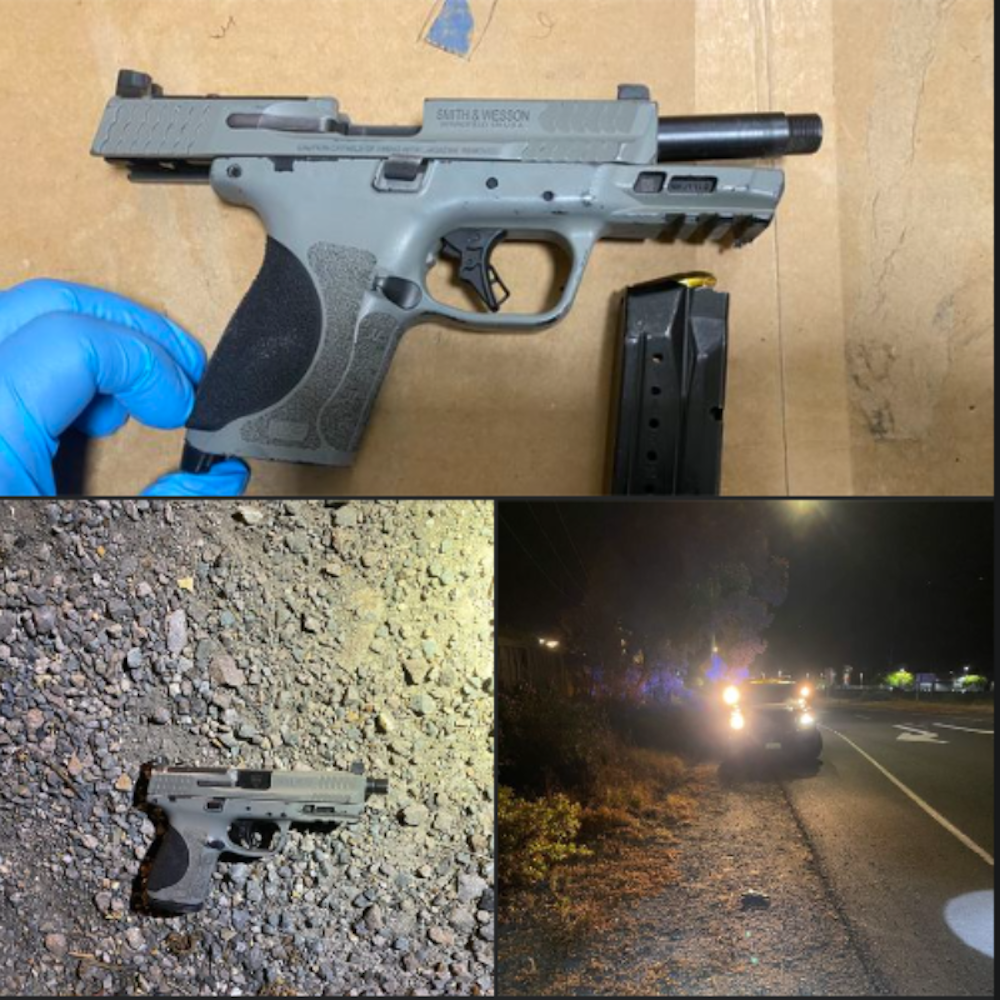

-2.webp?w=1000&h=1000&fit=crop&crop:edges)
